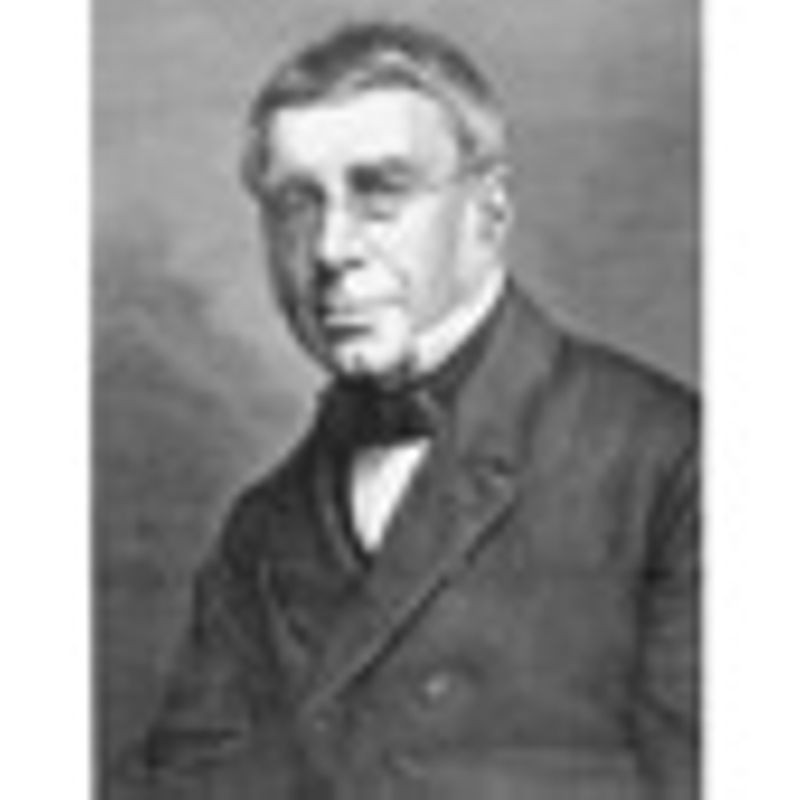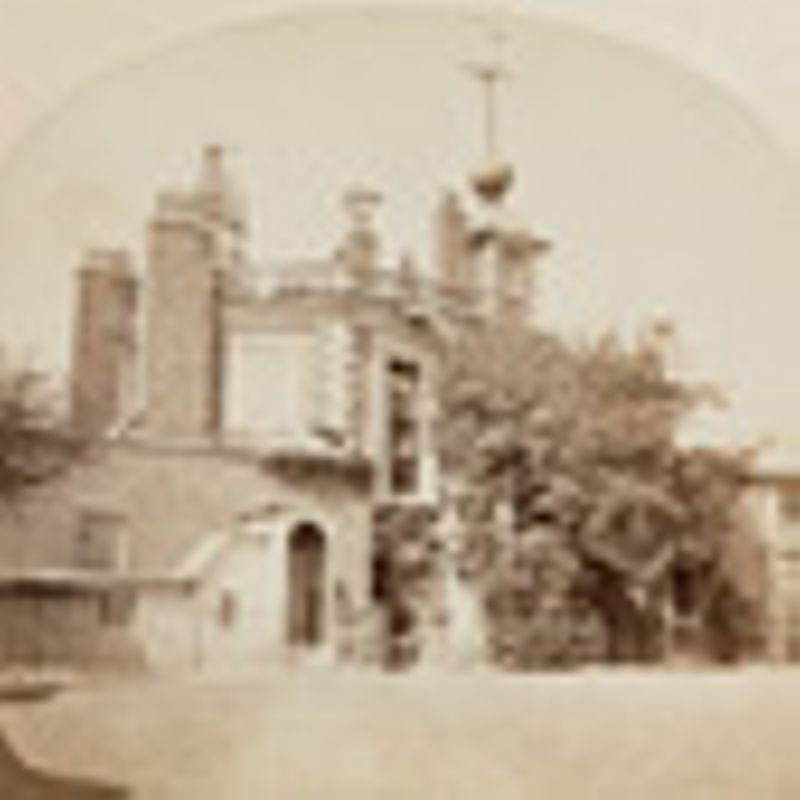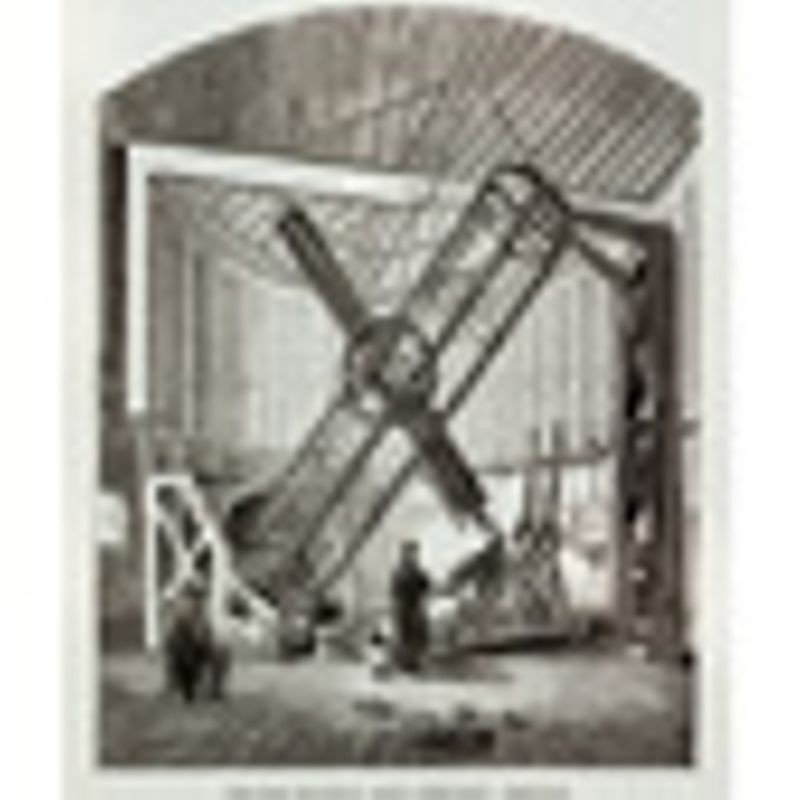George Biddell Airy



I think it likely that he lives in a sort of dream as to its utility. 1823
One of Babbage's most vigorous detractors was George Biddell Airy (1801-1892), Astronomer Royal from 1835 to 1881, and influential advisor to Government. The post of Astronomer Royal was the highest office in the civil science in England and carried with it responsibility for the Royal Observatory at Greenwich. Though not part of his official duties, Airy, through diligence and distinguished service, became de facto science adviser to the British Government and his views had a defining influence on the fate of Babbage's engines. In 1842 he advised the Treasury that the engines were 'useless' and that Babbage's project should be abandoned. The Government axed the project shortly after. Airy was not alone in his opposition. Astronomers in Sweden and France also rejected the utility of the machines.
Airy's opposition to the utility of the engines was reasoned and credible but confined to their potential use to practical tabulation, and mainly to practices at the Greenwich Observatory. He seemed immune to the broader mathematical potential of the engines despite his mathematical brilliance at university. Airy is often portrayed as a dull and unimaginative bureaucrat, influential but uninspired. Others see him as the voice of reason. In a published attack in 1851 Babbage accused Airy of rejecting the engines as part of a personal vendetta against him. Airy brushed off the intemperate lunge. In Babbage and Airy we have a visionary and a pragmatist. In the case of the engines, the pragmatist prevailed.


